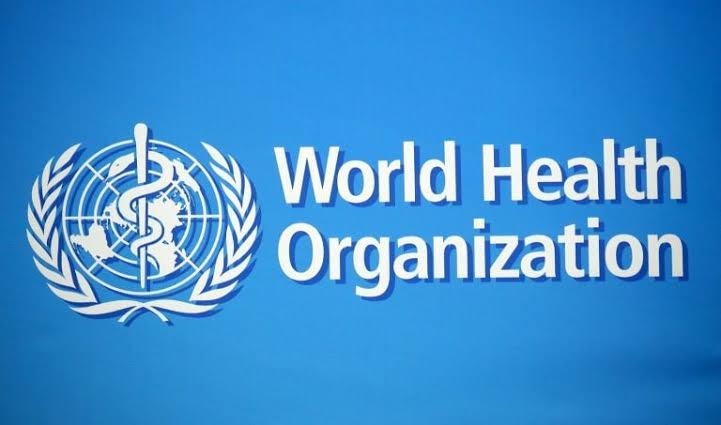By Haruna Gimba
The World Health Organisation (WHO) said urgent action is needed to increase production of COVID-19 vaccines that will be distributed through the global initiative making the medicines accessible by all countries.
WHO Director-General, Tedros Adhanom Ghebreyesus, stated this while speaking at the end of a historic week which saw COVAX deliver more than 20 million vaccine doses to 20 countries.
Health Reporters gathered that further 31 countries will receive 14.4 million doses next week.
“This is encouraging progress, but the volume of doses being distributed through COVAX is still relatively small,” Tedros said during his biweekly briefing from Geneva.
“One of our main priorities now is to increase the ambition of COVAX to help all countries end the pandemic. This means urgent action to ramp up production.”
Tedros said WHO and its COVAX partners will meet with government and industry representatives next week to identify “bottlenecks” and relevant solutions.
“We currently face several barriers to increasing the speed and volume of production, from export bans to shortages of raw materials including glass, plastic and stoppers,” he told journalists.
WHO is working on four approaches to the issue, including calling for waiving patent rights for vaccines.
“Many countries with vaccine manufacturing capacity can start producing their own vaccines by waiving intellectual property rights, as provided for in the TRIPS agreement,” Tedros added.
He was referring to the 1994 accord adopted by all 194 members of the World Trade Organization (WTO).
“Those provisions are there for use in emergencies. If now is not a time to use them, then when? This is unprecedented time, and WHO believes that this is a time to trigger that provision and waive patent rights.”
In the short-term, the UN agency is connecting companies that produce vaccines with others that have excess capacity to fill and finish them, citing the partnership between Johnson & Johnson and Merck, announced this week, as an example.
“We need more partnerships like this, and we need them in all regions”, Tedros said.
WHO is also advocating bilateral technology transfers, so that companies that own vaccine patents can license them to another company.
He said: “A good example of this approach is AstraZeneca, which has transferred the technology for its vaccine to SKBio in the Republic of Korea and the Serum Institute of India, which is producing AstraZeneca vaccines for COVAX.




